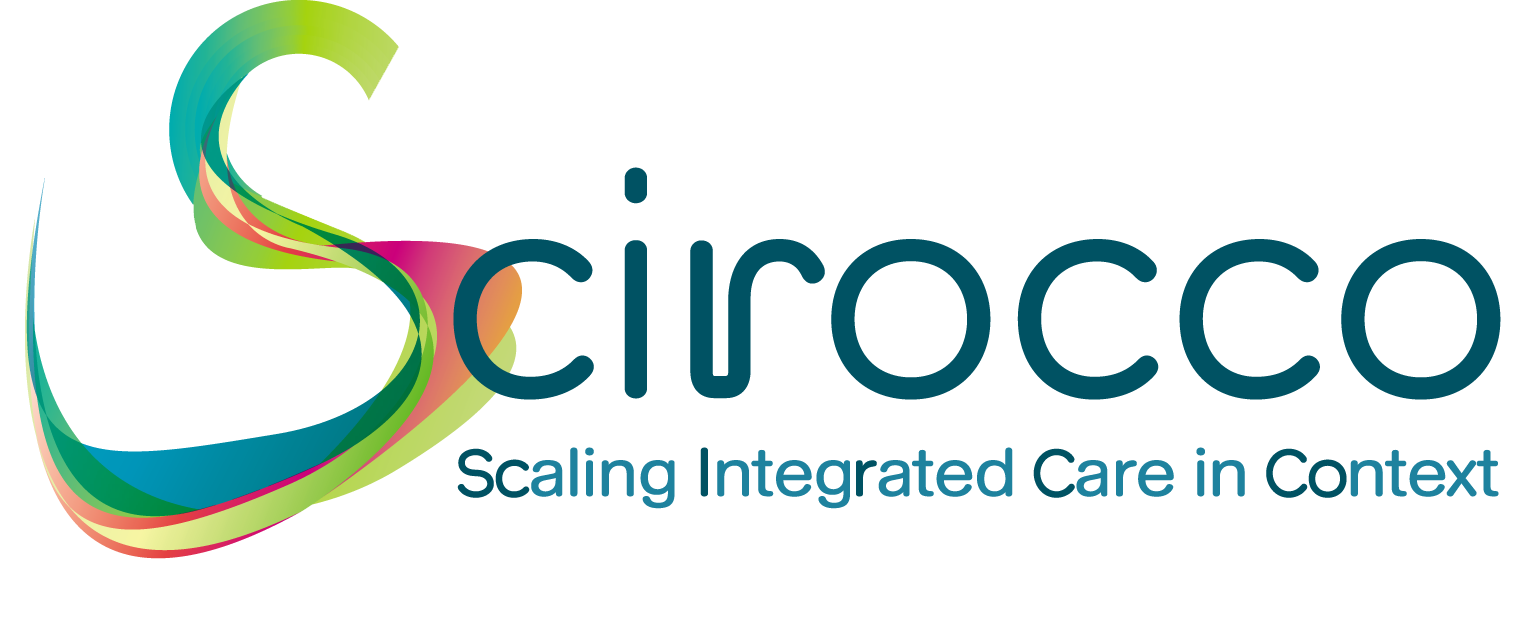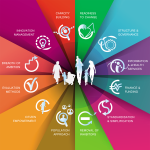Capacity Building
Objectives:
Capacity building is the process by which individual and organisations obtain, improve and retain the skills and knowledge needed to do their jobs competently. As the systems of care are transformed, many new roles will need to be created and new skills developed. These will range from technological expertise and project management, to successful change management. The systems of care need to become ‘learning systems’ that are constantly striving to improve quality, cost and access. They must build their capacity so as to become more adaptable and resilient. As demands continue to change, skills, talent and experience must be retained. This means ensuring that knowledge is captured and used to improve the next set of projects, leading to greater productivity and increasing success.
- Increasing skills; continuous improvement.
- Building a skill base that can bridge the gap and ensure that the capacity needs are understood and addressed by digital solutions where appropriate
- Providing tools, processes and platforms to allow organisations to assess themselves and build their own capacity to deliver successful change.
- Creating an environment where service improvements are continuously evaluated and delivered for the benefit of the entire care system.
Assessment scale:
- Integrated care services are not considered for capacity building
- Some approaches to capacity building for integrated care services are in place
- Cooperation on capacity building for integrated care is growing across the region
- Learning about integrated care and change management is in place but not widely implemented
- Systematic learning about integrated care and change management is widely implemented; knowledge is shared, skills retained and there is a lower turnover of experienced staff
- A ‘person-centred learning healthcare system’ involving reflection and continuous improvement is in place.




